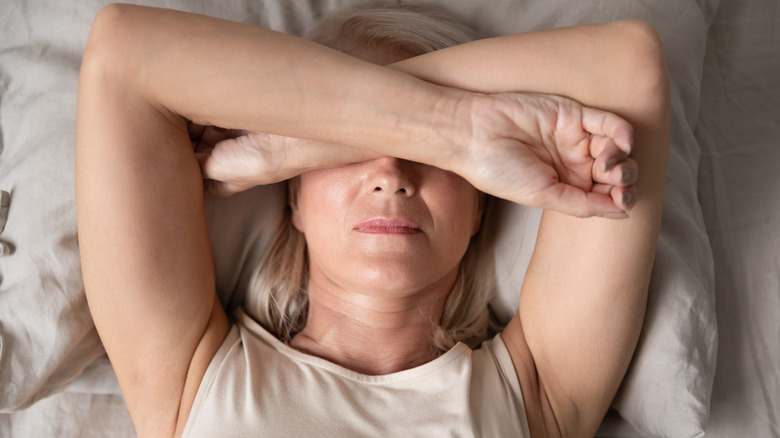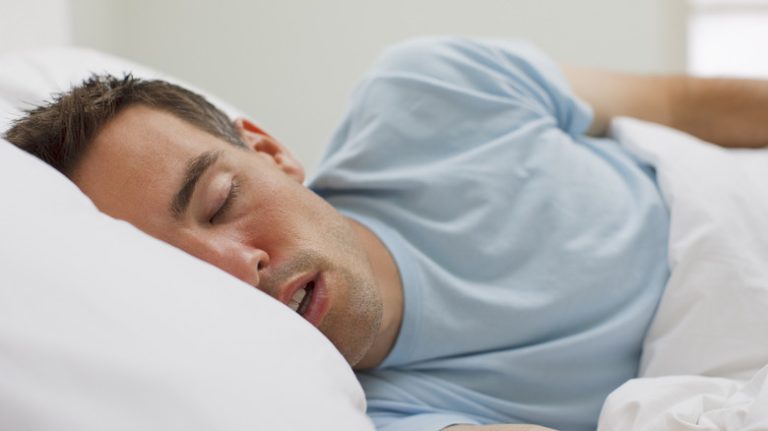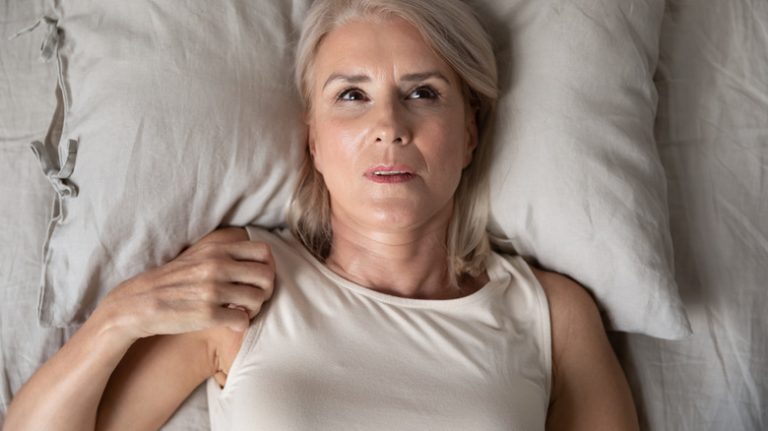Sleep experts caution that not getting the recommended 7-8 hours of sleep per night can have deleterious effects, including headache. And the research strongly supports high associations between lack of sleep and headache risk, particularly with tension and migraine headaches. A 2024 study published in Headache: The Journal of Head and Face Pain, found that 26% of migraine sufferers were triggered by a lack of sleep. Additionally, a 2024 study published in the Journal of Craniomandibular & Sleep Practice concluded that insomnia appears to be a risk factor for headache onset, particularly tension and migraine headaches, and patients with these conditions should be evaluated routinely for insomnia. Perhaps the easiest population to assess for risk of sleep impacts are shift workers who have varied sleep cycles. A 2024 study published by the American Headache Society aimed to understand the impacts that 24-hour on-call shifts had on medical residents, and their conclusions reported that subjects with a history of migraine headaches had a moderate increase in migraine-related disabilities after the 24-hour shift started.
Quality sleep also matters
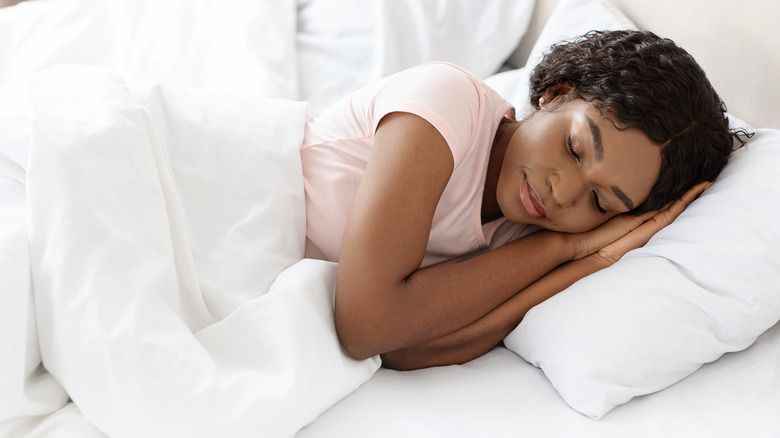
While lack of sleep can increase one’s risk of headaches, research also suggests quality of sleep matters too. Researchers suggest low sleep efficiency can also increase migraine and headache risk. Sleep efficiency is the ratio of total sleep time to time in bed (via Journal of Clinical Sleep Medicine). Low sleep efficiency may translate into spending too much time in bed without being able to sleep. A 2024 study published by the American Academy of Neurology found that fragmented sleep, particularly low sleep efficiency, was associated with a 39% risk of headache. Another 2024 study found that poor sleep quality not only increases the risk of headache, but also pain sensitivity, and increases excitability of the central nervous system. The same study also suggests that poor sleep quality is directly associated with an increased risk of tension-type and migraine headaches, suggesting that interventions that promote quality sleep are critical for reducing headache instances and severity.
Preventing sleep deprivation
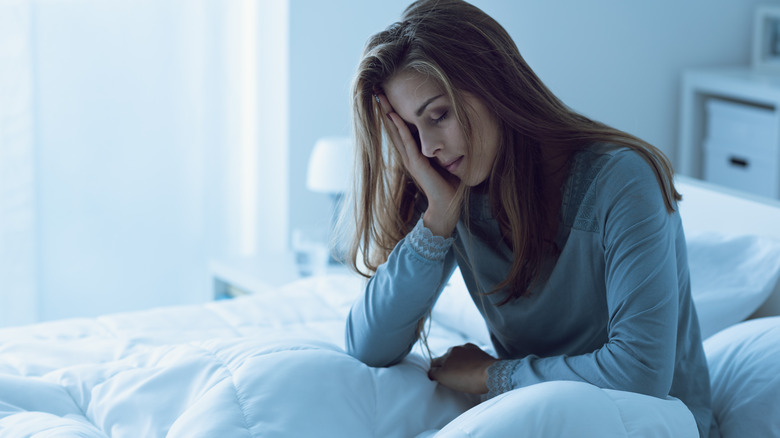
Unfortunately headaches can directly cause lack of sleep if the pain is so bad it wakes one up in the middle of the night. These are also known as hypnic headaches and are considered rare (via the American Migraine Foundation). But because a lack of sleep can increase risk of headaches, if headaches prevent one from sleeping, insomnia and headaches can become cyclical. Treating headaches that happen in the middle of the night may be imperative for reducing the risk of future headaches as well. Additionally, bolstering sleep hygiene (environmental and behavioral habits that promote consistent and quality sleep) can help reduce your risk of headaches. Some experts suggest looking at overall sleep hygiene may play an important role in reducing headache risk. These include things like maintaining consistent bedtimes and wake-up times, knowing how much sleep is right for you and getting it, spending time outdoors in natural light, having a comfortable sleep environment, limiting screen time, exercising before dinnertime, and limiting caffeine and alcohol, via The Migraine Trust.

